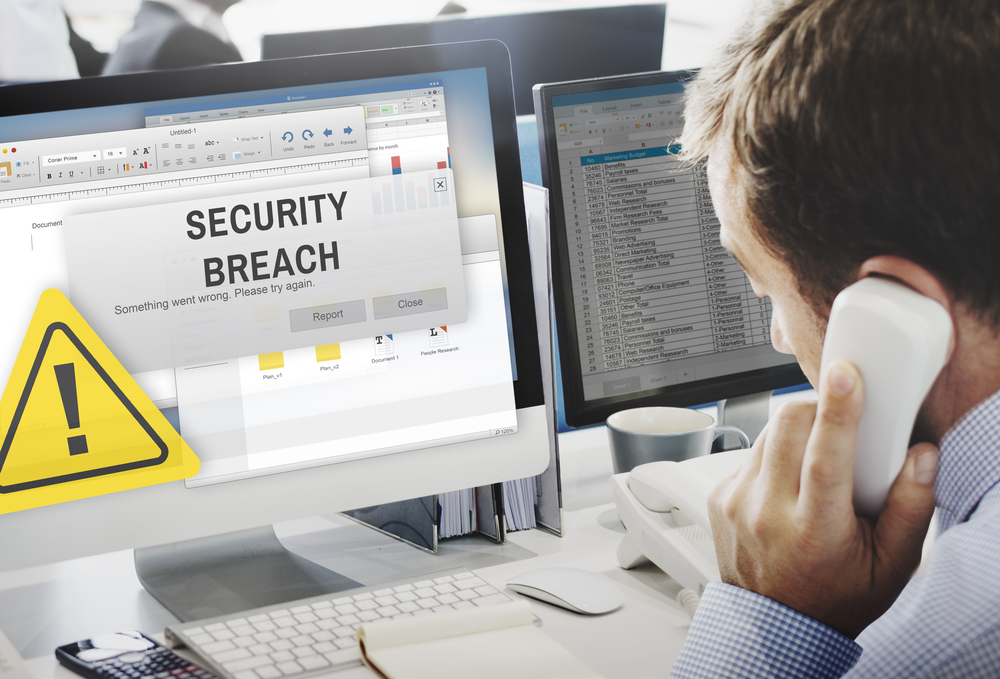In the past two years, the growth and proliferation of remote work and online learning have, for many people, replaced traditional office jobs and in-person classes.
While the ability to work and attend classes from virtually anywhere offers countless benefits, these days, the increase of people online has also spiked the interest of hackers worldwide, leading to a considerable rise in cyber attacks and identity theft cases since the onset of the pandemic.
With this in mind, it’s high time you amped up your security practices, including enhanced Wi-Fi security, web application firewall solutions, and password creation, on all devices connected to the internet.
1. Secure Your Wi-Fi Connection
By securing your Wi-Fi network, you prevent unwanted users from gaining access to your systems, thus minimizing the dangers you’re exposed to online. These days, the main threats to be aware of are MITM (man-in-the-middle) attacks, brute force attacks, and packet sniffers.
MITM attacks involve a hacker infiltrating your private network, setting up rogue hardware that pretends to be trusted, tricking you to connect to it, and eventually stealing your passwords. To be sure, human error is a major vulnerability when it comes to cybercrime. But brute force attacks can crack your passwords with a trial and error approach, while packet sniffers monitor traffic on your Wi-Fi network and intercept some packages, potentially breaking it down.
To safeguard your Wi-Fi connection, experts suggest the following:
- Set your home network security type to WPA2-PSK and work network security to WPA2-Enterprise.
- Change your default password and SSID, and disable remote administration.
- Enable MAC address filtering and the router’s firewall.
2. Invest in a Web Application Firewall
By investing in a web application firewall, or WAF, you can better protect your website and web applications by blocking advanced web attacks in a matter of seconds. This solution protects against the 10 most malicious cyberthreats, identifies backdoor files and blocks access to them, and differentiates between legitimate visitors and bad bots, only allowing safe traffic.
With an estimated setup time of five minutes, this is the fastest way to protect yourself against cybercriminals and harmful bots. In addition to this convenient layer of security, web application firewall solutions also improve SEO, prevent search engine blacklisting, eliminate spam from comments and forms, and can increase your website speed, all of which are valuable services you need.
3. Use Unique Passwords
Make sure you use unique passwords for all the essential services you access online, including your email accounts, social media pages, banking apps, and e-commerce sites.
Once one of the websites you connect to is compromised, and your password is exposed, you run the risk of hackers using the same password to break into other online accounts. This increases the risk of your identity being stolen and your financial and personal information being compromised.
When setting up passwords, make sure you never use any personal identifiers and instead include a lengthy combination of letters, numbers, and special characters that you can change periodically.
Some Extra Cybersecurity Tips
- Carefully check the email addresses of incoming messages and all links before clicking them.
- Keep all your software up to date, and make sure to download any security patches from trusted sources to safeguard your systems.
- Make sure to back up your data to the cloud regularly. In case of a ransomware attack, you’ll still have access to your data and will be able to restore it at no cost.
Make the Investment in Various Cybersecurity Efforts
Now that you’re more familiar with these important security measures to prevent cyberattacks and identity theft, we hope you feel more at ease when socializing, shopping, doing business, or banking online. The risks are still lurking out there, but you’ll be much better protected against them — an investment well worth making.
Other Technical Reviews:- Reviews






